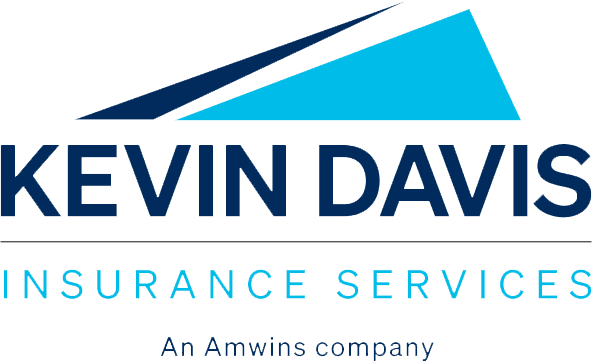
Homeowners associations see a lot of checks and online payments come through every month, at all parts of the month. With this much paperwork and money being moved around, it’s understandable (but not ideal) if an error takes place. But when it comes to fraudulent activity, such as a forged check that passes through, HOAs whould be right to panic.
HOA leaders have been caught and or accused of forging checks and finding ways to embezzle money from an organization. Yes, there are payments that go out for upkeep, for instance, but if someone within a HOA notices a check was cut illegally, they could be in for a world of panic and legal trouble. The biggest problem that needs to be taken care of is figuring out who’s to blame and if an HOA is liable for a forged check or multiple checks. While having crime insurance in place can help to cut down on expensive legal fees, it pays to be on top of preventing and answering to fraudulent activity.
Payment
When someone at an HOA discovers a forgery has taken place, they need to file a suit for repayment. The bank connected with an HOA will look into the matter and determine if the crime did indeed occur and that it’s not just a mistake. A refund will be given and all can be figured out. Most states typically have a statute of limitation around 1 to 2 years in place for forgeries to be reported. HOAs have to be able to prove a check was forged, which can be done by comparing signatures. Banks deal with forged checks often and can easily determine if a check was indeed forged.
Who’s Liable
HOA boards should be diligent in who is taking care of cutting checks and making payments, as well as who has access to physical books and online accounting services. If someone with no credentials or no permission got access to checks or online payment systems and made a forged check or payment, a portion may not be covered.
Banks, as mentioned above, will pay back some of the payment that was illegally forged. However, if it turns out that someone from an HOA who was not allowed access to checks or an online payment system ended up forging a check, then liability falls on the HOA itself. An HOA will be responsible for a portion of the total illegally gained since, in a big way, it’s the association’s fault this occurred.
Getting Penalized
Each state in the country has its own set of laws regarding check forgery. What’s more, it falls on the prosecutor to charge the person who’s responsible for the forged check with a misdemeanor or felony. These kinds of crimes can bring jail time if the person(s) is caught, but in most cases, it comes down to paying back the amount they embezzled as well as additional fees. But for an HOA that was hit, this represents reputational damage.
If an HOA is known to have untrustworthy people involved in their leadership, it can paint an unsavory picture of the community and possible drive people out or keep possible homeowners away. Taking steps to make sure checks and online payment access are kept sealed for the only people on the board who have the right to use it and backing things up financially with crime insurance specifically outlined for HOAs will add the right security needed to safeguard things moving forward.
About Kevin Davis Insurance Services
For over 35 years, Kevin Davis Insurance Services has built an impressive reputation as a strong wholesale broker offering insurance products for the community association industry. Our president Kevin Davis and his team take pride in offering committed services to the community association market and providing them with unparalleled access to high-quality coverage, competitive premiums, superior markets, and detailed customer service. To learn more about the coverage we offer, contact us toll-free at (877) 807-8708 to speak with one of our representatives.


